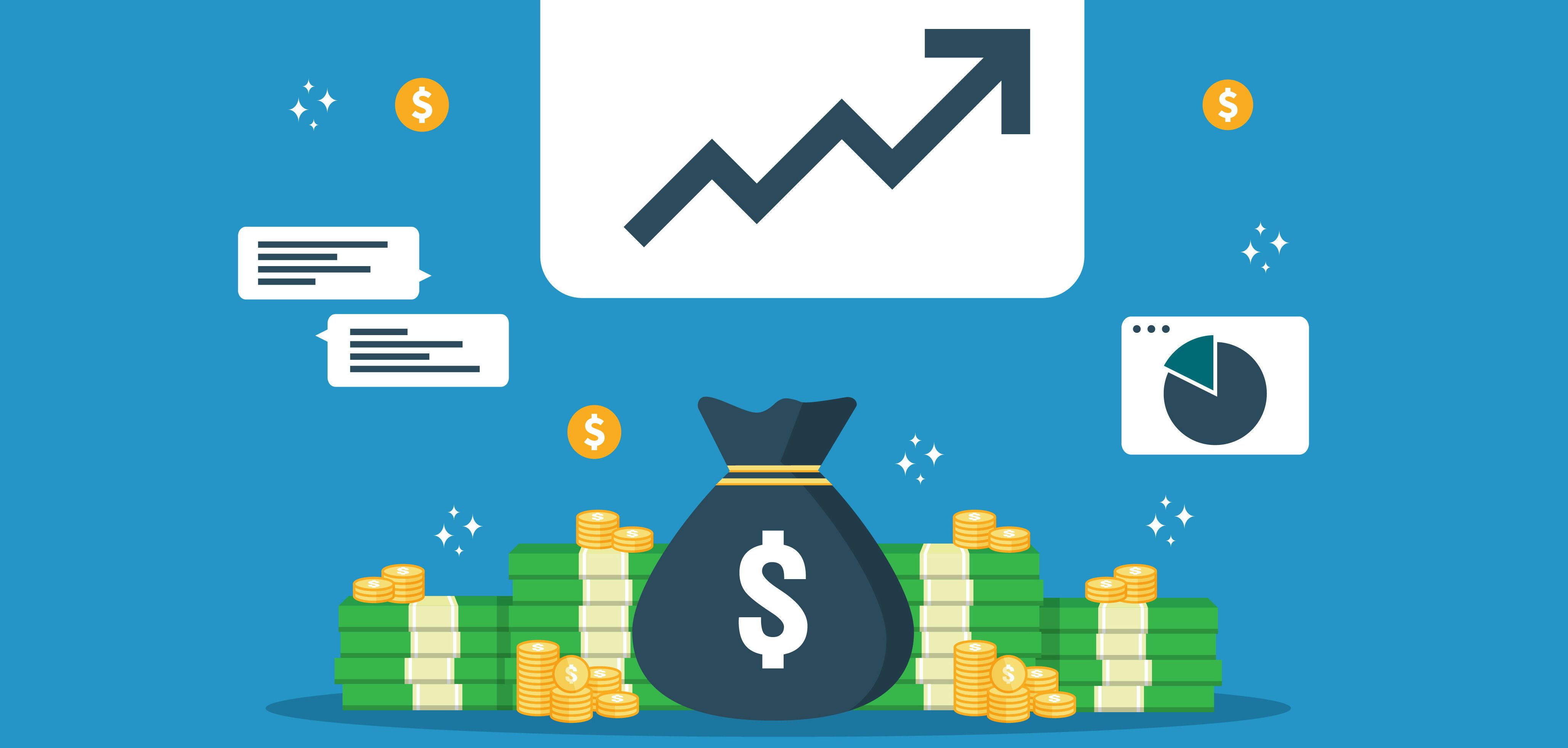Funding….Such a small sword with big implications in the startup ecosystem right?
If you have not been a person who has been immersed in the world of startups and funding such words like venture capital, venture funding, Series A, and Series B will sound a bit foreign to you.
Just like you, I didn’t understand anything about this.
Luckily, I have had the pleasure to tap into the Chini Ya Maji podcast which has helped me learn more about the startup ecosystem and become fully immersed in it.
First off, let’s jump in with a few definitions of terms to help break the ice!
VC
Venture Capital or Venture Capitalist is a form of private equity financing that venture capital firms or funds provide to startups, early-stage, and emerging companies that have been deemed to have high growth potential or which have demonstrated high growth.
Angel Investors
Angel Investors are individuals who usually invest their own money and are often considered high-net-worth individuals.
Funding Round
A funding round is anytime money is raised from one or more investors for a business. They’re given a letter, such as A Round, B Round, C Round etc.
Seed/angel round
The seed round usually happens when the company is at the initial idea stage, or once the founder has a prototype/proof of concept, as well as some kind of sign that there’s a demand for what could be offered.
Series A
Investing in this stage is usually regarded as high risk because the company will still be at the startup stage with a lot to prove. After a company has issued share options (usually to founders & employees), it will often offer a Series A round of shares in return for money.
Series B
By this stage, the company will probably have a higher valuation than before. The risk will, therefore, be lower than before as the business will have gained a track record – so the cost to invest will be higher. Investors will expect to see signs of growth at this stage.
Series C
This round is required when a company is ready to go for rapid growth. The company will usually:
- Have become a proven success in its market.
- Wants to make acquisitions of competitors.
- Increase its market share.
- Scale up or develop new products or services.
IPO
IPO or initial public offering is a process that both startups and established business practices. Established businesses use this process to acquire companies by allowing startups or even mid-level companies to sell their shares to the general public.
An IPO is a big leap for a startup. This funding raises money by allowing public access to the company. With IPO, a private company goes public, converting the shareholders’ shares to the public trading price.
The journey of startups to acquire funding can be met with so many challenges and hard stops. One statement stuck with me from an episode featuring Yvonne Johnson, MD & Co-founder of Indicina, a credit financing institution that enables credit providers with innovative products for faster and risk-free credit decisions.
"With fundraising, you are going to get a lot of NOs. Even the best of them, you are going to get a lot of NOs but what you are really shooting for are the few YESES" - Yvonne Johnson.
However, especially as a first-time founder, you wonder how you can get access to this funding for your startup and what these people look for in order for them to fund businesses.
Here is the criteria shared by Idris Bello, Afropreneur and Founding Partner at Lofty Inc Capital Management on the Chini Ya Maji Podcast on what they consider before investing in a startup:
- Why you?
- Why now?
- How big?
Why you?
This is centered around the founder and the founding team. Why are you solving this problem? What's your connection to this domain? What's your story? Why this? Why not somebody else? Why would you stay on this? What do you know differently? What differentiates you? What networks, access and insights do you have that will give you an advantage? What unfair advantage do you have?
This is important because life evolves, business evolves even the space evolves. However what someone can hold onto are the founder and the founding team.
Why now?
Timing is one of the biggest factors in a startup’s success. There are ideas that would have failed five years ago but would do well now because of the COVID pandemic, technology and other variables.
So what trends are you seeing? What understanding of the market do you have for now and for the future, that you think is supporting why you're doing this, right? What waves are you seeing? What are you looking at ahead?. So why now? Why would this succeed?
How big?
Are you really moving the needle? Are you solving something for your community, for Africa, for the world? Who is going to be impacted by all of this change in the scheme of things?
As you embark on the journey of entrepreneurship, as Idris says, you need to be flexible on the journey and flexible on the details. Enjoy the journey because you may never know where you wind up!
You can catch up on Idris Bello’s full episode here
